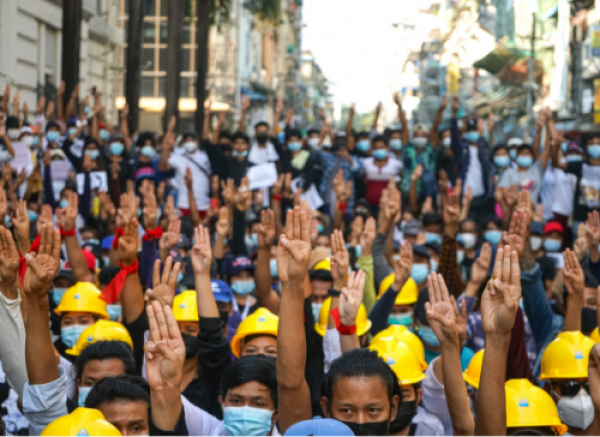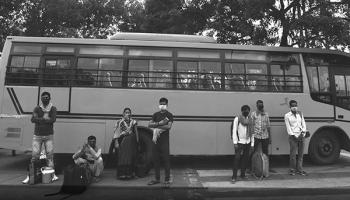Read highlights from Freedom House's annual report 'The Global Expansion of Authoritarian Rule' on political rights and civil liberties in 2022.
Democracy is also more than just an ideal. It is a practical engine of self-correction and improvement that empowers people to constantly, peacefully struggle toward that ideal. When one part of the system falters, the others can be used as tools to repair and strengthen it. This unique and inherent capacity for self-correction is what makes democracy so successful at delivering long-term stability and prosperity. No democracy in the real world is perfect, and those demanding democracy in places like Cuba and Hong Kong are not demanding perfection. What they desire are the freedoms and the institutions that will allow them to create a better life and more just society over time.

"Global freedom faces a dire threat. Around the world, the enemies of liberal democracy—a form of self-government in which human rights are recognized and every individual is entitled to equal treatment under law—are accelerating their attacks. Authoritarian regimes have become more effective at co-opting or circumventing the norms and institutions meant to support basic liberties, and at providing aid to others who wish to do the same. In countries with long-established democracies, internal forces have exploited the shortcomings in their systems, distorting national politics to promote hatred, violence, and unbridled power.
Those countries that have struggled in the space between democracy and authoritarianism, meanwhile, are increasingly tilting toward the latter. The global order is nearing a tipping point, and if democracy’s defenders do not work together to help guarantee freedom for all people, the authoritarian model will prevail.
The present threat to democracy is the product of 16 consecutive years of decline in global freedom. A total of 60 countries suffered declines over the past year, while only 25 improved. As of today, some 38 percent of the global population live in Not Free countries, the highest proportion since 1997. Only about 20 percent now live in Free countries. During this period of democratic decline, checks on abuse of power and human rights violations have eroded. In the decades after World War II, the United Nations and other international institutions promoted the notion of fundamental rights, and democracies offered support—however unevenly—in their domestic and foreign policies as they strove to create an open international system built on shared resistance to totalitarianism."




